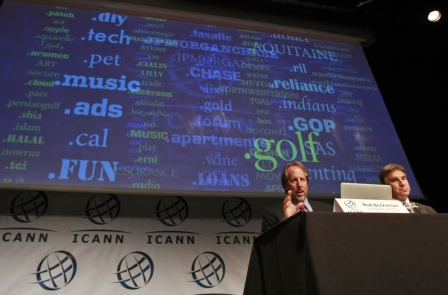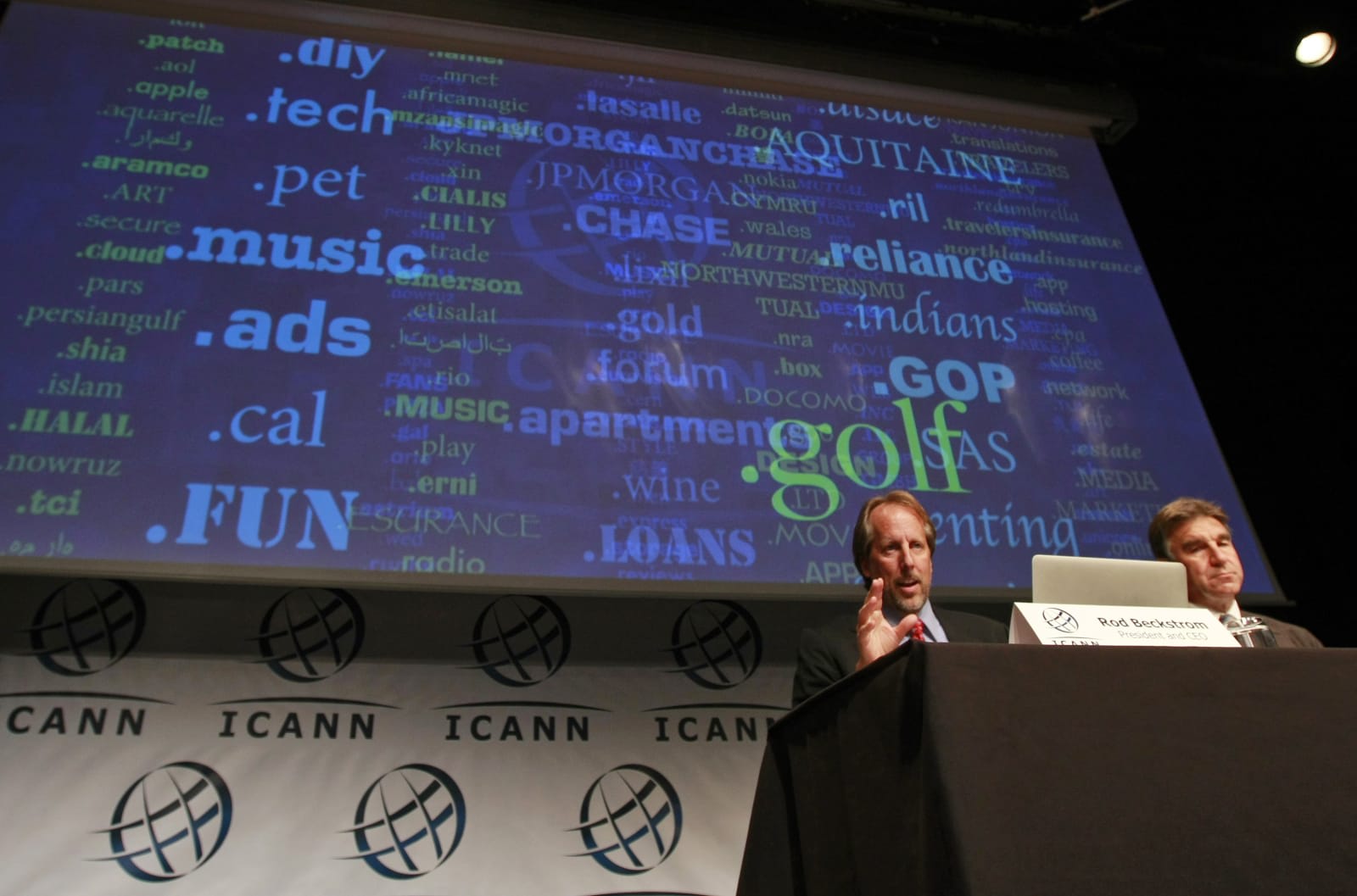Democrats slam Republicans fighting the internet handover
If you thought Facebook and Google raised a big fuss over Republican opposition to the US’ plan to hand the internet’s ‘keys’ (the authority managing domain name assignments) to an international governing body, you haven’t seen anything yet. A quintet of House and Senate Democrats have used TechCrunch to post an open letter to the Republicans, chastising them over their resistance to the transition to ICANN. While Senator Ted Cruz and supporters have previously claimed that international control would make it easier for authoritarian governments to censor the internet, the Democrats reject this outright. The task of managing the domain name system is “clerical,” they argue — countries like China or Russia can’t manipulate content just because DNS isn’t under exclusive US oversight.
If anything, the Dems argue, a delay past the planned October handover would play into Russia’s hands. It could push for moving these functions to an organization like the UN, where it’d have a better chance of skewing the internet in its favor — say, getting more authority to silence political opponents. And a delayed transition might tempt countries to create their own domain name system equivalents, fracturing the internet and giving them censorship powers that they can’t have today.
Not surprisingly, this is as much about us-versus-them politics as technical issues. The Democrats portray Cruz and crew as using the transition as an excuse to block a budget bill (before, many Republicans were fine with the handover), score points in election season and “mollify their extreme colleagues.” Whether or not you agree, it’s clear that at least some Democrats are determined to make this once-safe issue a major point of contention.
(18)




